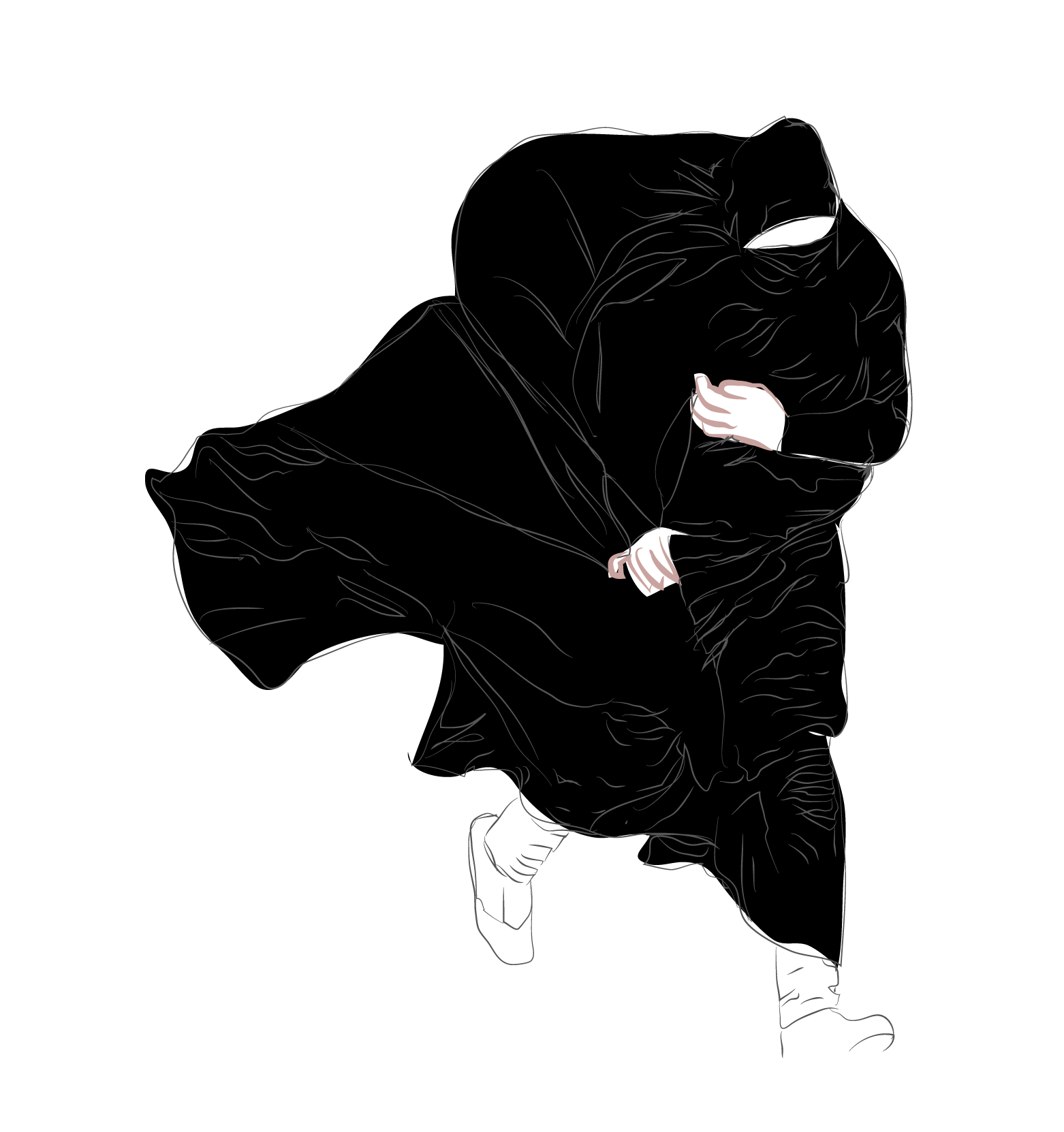What are the reasonable limits to freedom of expression in liberal democracies?
By looking at newspapers and mainstream media outlets in Canada, one can notice that the issue of the niqab is occupying significant space. Some could even argue that this particular debate has played a pivotal role in changing public opinion about certain candidates in the federal election.

By closely observing public opinion polls and statements from politicians I found the tenor of discourse presented by the people against the niqab ban to be quite troubling. Therefore I see a need to present better arguments to better inform the public about this issue.
The first major rejoinder that is presented when asked about the niqab ban is that people should be able to wear what they wish. I find this particular argument very weak, both morally and logically because it treats people in society as if they were isolated entities living in separate worlds. I believe that some symbols in society reflect ideologies and creeds that are beyond the limits of freedom of expression because they could be offensive to other people when shown in public. Clear examples of this can be wearing a shirt with a swastika on it or a slogan that justifies rape culture.
The second major argument is that wearing the niqab is a personal choice. I think this argument is fallacious. I am rather ambivalent about the concept of personal choice when talking about religion. If I told someone that not wearing something will result in damnation, I would expect them to defend their choice about that, if it is one of their core beliefs. The process of formulating beliefs is very complex, sometimes based on fear, and is not based on decisions made in a vacuum or an objective, rational, educated selection.
The previous point leads me to my third argument: why should a man tell a woman what to wear? I’m not sure if the majority of the people (politicians or not) who support a niqab ban are men. All that I know is that the ideology that urges women to wear the niqab and hijab was written by a man, or God—if you believe—who is always referred to as a male.
I also find it troubling that when someone expresses support for the ban of a religious symbol, they are often referred to as a racist. I would like to emphasize that religion is not a race but an ideology, and ideologies should not be free from criticism in a society that purportedly cherishes freedom of expression.
Moreover, criticizing the niqab does not make you a conservative, because where I come from (the Middle East), progressive, socialist, anti-imperialist movements have also tried to ban the niqab in certain public spaces because they claim that it poses a challenge to equality in society. In the 1950s, Abdel Nasser’s reformist regime in Egypt pursued this kind of public secularism with the support of prominent feminist movements, and it was largely successful until the 1970s.
I would like to see an enhanced level of discourse about the niqab in which the undertones are less judgmental, accusatory, and superficial and less based on an extreme concept of individualism. If this happens, the debate will become more productive and public opinion can be better shaped by a logical and educated discussion.
Do you agree or disagree with this article? Contact [email protected] to write a rebuttal for next week’s issue.




Amazing arguments